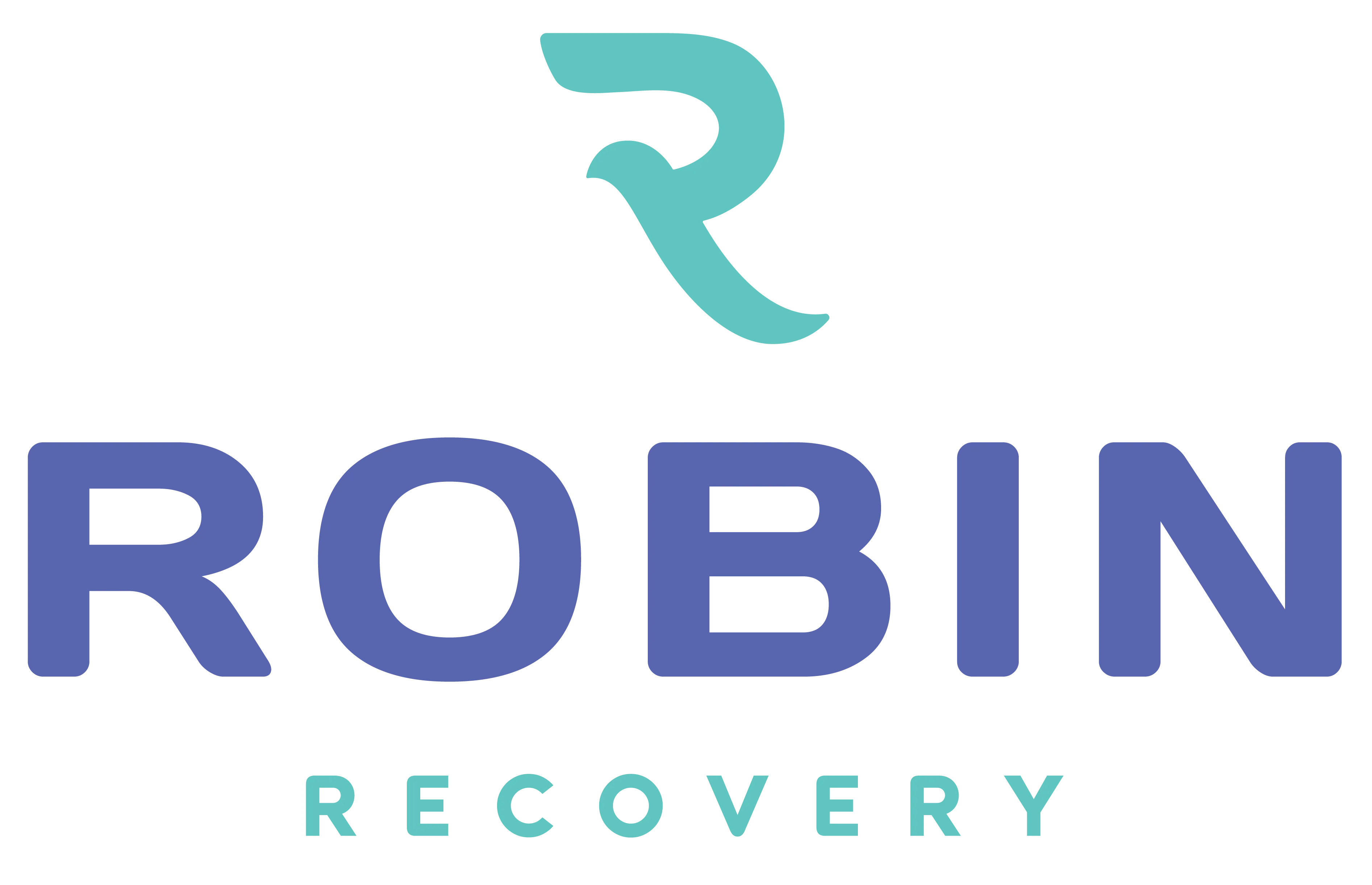Drug Rehab Options in Pennsylvania
Pennsylvania offers a diverse array of facilities for individuals seeking help with addiction. With numerous treatment centers across the state, individuals can find addiction recovery at a drug rehab in PA that meets their needs.
Treatment Centers Overview
There are a total of 845 treatment centers for drug abuse in Pennsylvania, providing various services tailored to different recovery needs. In 2024, many of these centers are top-rated and accredited by third-party organizations, ensuring the quality of care provided. Here's a breakdown of the types of treatment facilities available:
| Treatment Facility Type | Number of Facilities |
|---|---|
| Inpatient | 490 |
| Outpatient | Varies by center |
| Intensive Outpatient | Varies by center |
| Detox Services | Varies by center |
Services Offered
Drug rehab programs in Pennsylvania provide a range of services designed to address the physical, psychological, and emotional components of addiction. These services create a supportive and structured environment, allowing individuals to detoxify, engage in therapy, and develop coping mechanisms. Common services offered include:
- Detoxification: A medically supervised process to help individuals safely withdraw from substances. For more information, check out our article on what is detox?.
- Individual Therapy: Personalized sessions aimed at addressing specific needs and challenges.
- Group Therapy: Supportive sessions that encourage interaction with peers who are facing similar struggles.
- Family Therapy: Engaging loved ones in recovery to improve relationships and support networks.
- Recovery Education: Courses covering topics such as addiction science, coping strategies, and relapse prevention.
- Aftercare Support: Continued support post-treatment through counseling and support groups (Northstar Behavioral Health).
Individuals can choose a program that best aligns with their circumstances, allowing for a more personalized treatment experience that considers their unique situations. For further insights into various therapeutic approaches, visit our article on types of psychotherapy.
This extensive range of treatment options makes Pennsylvania a viable location for those seeking recovery from drug addiction.
Drug Addiction Statistics in Pennsylvania
Understanding the landscape of addiction in Pennsylvania is crucial to grasping the severity of the crisis. This section will present the trends in overdose deaths and the demographic characteristics of those affected.
Overdose Deaths Trends
The state has seen alarming trends in drug overdose deaths over the past few years. In 2020, Pennsylvania recorded an astonishing 4,880 drug overdose deaths, with opioids accounting for a significant 4,262 of these fatalities. This represented a 16% increase from the previous year, highlighting the ongoing opioid epidemic gripping the state (Legends Recovery).
| Year | Total Overdose Deaths | Opioid-Related Deaths | Increase (%) |
|---|---|---|---|
| 2019 | 4,200 | 3,700 | - |
| 2020 | 4,880 | 4,262 | 16 |
Additionally, Pennsylvania had one of the highest rates of drug overdose deaths in the nation, with a rate of 36.1 overdose deaths per 100,000 individuals (Legends Recovery).
Demographic Characteristics
Demographic analysis reveals that addiction does not discriminate, impacting a wide range of individuals across various backgrounds. In 2020, nearly 300,000 residents in Pennsylvania were reported to be struggling with drug or alcohol addiction, with opioids contributing to approximately 65% of lethal overdoses.
In 2019, it was reported that around 316,000 people in the state were known to have a drug use disorder. Alarmingly, every two hours, someone in Pennsylvania died from a drug overdose (Addictions.com).
Understanding these statistics is a critical step in recognizing the need for effective treatment options. Individuals seeking support can find addiction recovery at a drug rehab in PA, which offers various programs tailored to the specific needs of the community.
Importance of Addiction Recovery
Understanding the significance of addiction recovery is essential for individuals seeking support. Comprehensive recovery efforts are vital in addressing the challenges posed by substance use disorders and enhancing the quality of life for those in recovery.
Treatment Success Rates
Treatment success rates in Pennsylvania are promising, with many individuals demonstrating a high rate of abstinence after six months of completing their programs. Supporting this success requires ongoing commitment and access to resources that promote long-term recovery. Recovery is not a quick solution; it is a continuous journey that demands hard work and dedication during and after treatment (The Recovery Village).
| Time After Treatment | Abstinence Rate (%) |
|---|---|
| 3 Months | 65 |
| 6 Months | 75 |
| 12 Months | 50 |
While these rates indicate positive outcomes, there is always room for improvement to better support individuals throughout their recovery journey. Personalized treatment plans play a crucial role in addressing specific needs and ensuring effective recovery pathways (Northstar Behavioral Health).
Role of Naloxone
Naloxone, a medication designed to reverse opioid overdoses, plays a critical role in enhancing overdose survival rates across Pennsylvania. In 2020, over 30,000 naloxone administrations were reported, showcasing the effectiveness of harm reduction strategies in the state (Methadone.org). Naloxone access has contributed to saving countless lives and decreasing the number of fatalities related to opioid overdoses.
The presence of naloxone in recovery strategies fosters a safer environment for those recovering from addiction, allowing individuals and their loved ones to react promptly in emergencies. Understanding the potential lifesaving properties of naloxone is crucial for families and communities affected by addiction.
Together, these elements highlight the importance of addiction recovery. By focusing on successful treatment outcomes and the role of lifesaving interventions like naloxone, individuals can find supportive resources to navigate their recovery journeys. For those looking to find addiction recovery at a drug rehab in PA, understanding available options and approaches is vital for achieving long-term success.
Comprehensive Care at Drug Rehabs
In Pennsylvania, drug rehabilitation programs emphasize a comprehensive approach to care. This approach addresses the multifaceted nature of addiction and provides the necessary support for individuals on their recovery journey.
Holistic Treatment Approach
A holistic treatment approach integrates various therapeutic methods that address not only the physical aspects of addiction but also the psychological and emotional needs of individuals. This method acknowledges that recovery is a multi-dimensional process requiring a combination of therapies and support systems.
Drug rehab programs in Pennsylvania often include the following components within their holistic framework:
| Treatment Component | Description |
|---|---|
| Detoxification | A medically supervised process to safely detoxify the body. What is detox? |
| Therapy and Counseling | Individual and group sessions to process emotions and develop coping strategies. Types of psychotherapy |
| Life Skills Training | Programs designed to teach practical skills necessary for everyday life. |
| Recreational Therapies | Activities such as art, music, or physical activities that promote healthy expression and coping. |
These elements work together to create a balanced pathway for recovery, enabling individuals to learn healthy habits and techniques to combat addiction.
Supportive Environment
Creating a supportive environment is crucial for fostering healing and growth during recovery. Drug rehab centers in Pennsylvania aim to establish a safe and nurturing atmosphere where individuals can focus on their recovery without distractions (Northstar Behavioral Health).
The supportive environment includes:
| Feature | Benefit |
|---|---|
| Structured Setting | Helps minimize distractions and triggers, allowing individuals to concentrate on recovery. |
| Access to Professionals | Continuous support from a team of dedicated doctors, therapists, and counselors. |
| Peer Support | Opportunities for individuals to connect with others facing similar challenges, fostering mutual encouragement. |
This kind of environment not only aids in healing but also helps individuals build a supportive network of relationships that can last beyond their stay at the rehab facility. Such comprehensive care is key to a successful recovery journey, allowing individuals to find addiction recovery at a drug rehab in PA.
Individualized Treatment Plans
Creating personalized treatment plans is a crucial component in the recovery process for individuals seeking to overcome addiction. Drug rehab facilities in Pennsylvania strive to offer tailored therapy sessions and robust aftercare support that cater to each person's unique needs.
Tailored Therapy Sessions
Tailored therapy sessions are designed to address the specific underlying issues that may contribute to an individual's addiction. These sessions may include various types of psychotherapy, which can help clients develop effective coping strategies, understand their behaviors, and address any co-occurring mental health disorders.
| Therapy Type | Description |
|---|---|
| Individual Therapy | One-on-one sessions focused on personal issues. |
| Group Therapy | Support and interaction with peers undergoing similar experiences. |
| Trauma-Informed Care | Specialized therapy to address past trauma impacting addiction. |
| Behavioral Health Treatment | Strategies to modify harmful behaviors associated with substance abuse. |
Facilities like Steps to Recovery emphasize individualized group therapies, maintaining a 3:1 staff-to-client ratio for personalized care. This structure allows therapies to be tailored effectively, ensuring that each individual receives the attention necessary to support their healing journey.
Aftercare Support
Aftercare support plays a vital role in maintaining long-term recovery following an individual's initial treatment. Aftercare planning involves continuing counseling and therapy, as well as participation in support groups, to facilitate sustained growth and adaptation following rehab.
| Aftercare Component | Purpose |
|---|---|
| Counseling | Addresses ongoing issues and develops coping strategies. |
| Support Groups | Provides a safe space for individuals to share experiences and foster community. |
Counseling and therapy are essential, as they help address underlying issues and develop effective coping strategies. Support groups facilitate a sense of community, allowing individuals to connect with others who understand their struggles. Resources like Endless Mountain Behavioral Healthcare outline effective aftercare strategies that are crucial for long-term success in recovery.
Individuals looking to find addiction recovery at a drug rehab in PA can benefit from understanding the importance of customized treatment plans that combine tailored therapy sessions and comprehensive aftercare support. By focusing on individual needs, rehab facilities can significantly enhance the chances of successful, sustained recovery.
Aftercare Planning for Long-Term Recovery
Aftercare planning is essential for fostering long-term recovery from addiction. Two crucial components of this planning are counseling and therapy, as well as support groups.
Counseling and Therapy
Counseling and therapy play a vital role in aftercare planning following the completion of an addiction treatment program. They provide ongoing emotional support and guidance, helping individuals address underlying issues that may contribute to addictive behaviors. These therapeutic sessions are also critical for developing effective coping strategies that can be applied in everyday situations. According to Endless Mountain Behavioral Healthcare, individuals benefit from consistent engagement in therapy as they navigate their recovery journey.
Different types of psychotherapy can be utilized to tailor the approach to each person's needs. Options may include:
| Type of Therapy | Description |
|---|---|
| Cognitive Behavioral Therapy (CBT) | Focuses on changing negative thought patterns and behaviors. |
| Dialectical Behavior Therapy (DBT) | Combines traditional cognitive-behavioral techniques with mindfulness. |
| Motivational Interviewing | Encourages individuals to find personal motivation to change. |
| Family Therapy | Involves family members to address relational issues contributing to addiction. |
For more information about the types of therapy that can be beneficial, visit our article on types of psychotherapy.
Support Groups
Support groups play a crucial role in aftercare planning by fostering a sense of community, understanding, and empowerment. They provide individuals with a safe environment to share experiences, gain valuable insights, and receive encouragement from peers who have faced similar challenges. This communal support is essential for fostering resilience and motivation in maintaining sobriety. Engaging in support groups can help individuals feel less isolated and more connected to others in recovery, as highlighted by Endless Mountain Behavioral Healthcare.
An all-inclusive aftercare program is vital for long-term recovery. It requires a mindset that understands the daily work involved in sustaining what was learned during the treatment program. For individuals interested in structured support, traditional twelve-step programs can provide a useful framework. For more on this approach, check our article on what are the 12 steps?.
Maintaining active participation in both counseling and support groups offers a pathway to continued recovery, helping individuals adjust to life after rehab and build a fulfilling, substance-free life.

.svg)

.svg)

.svg)
.svg)






































































































